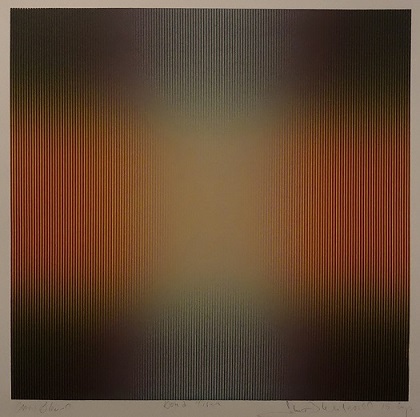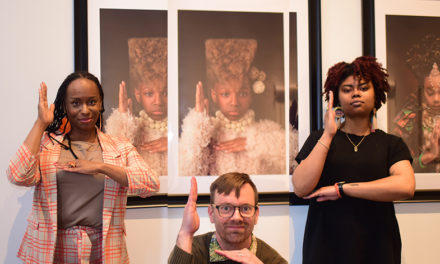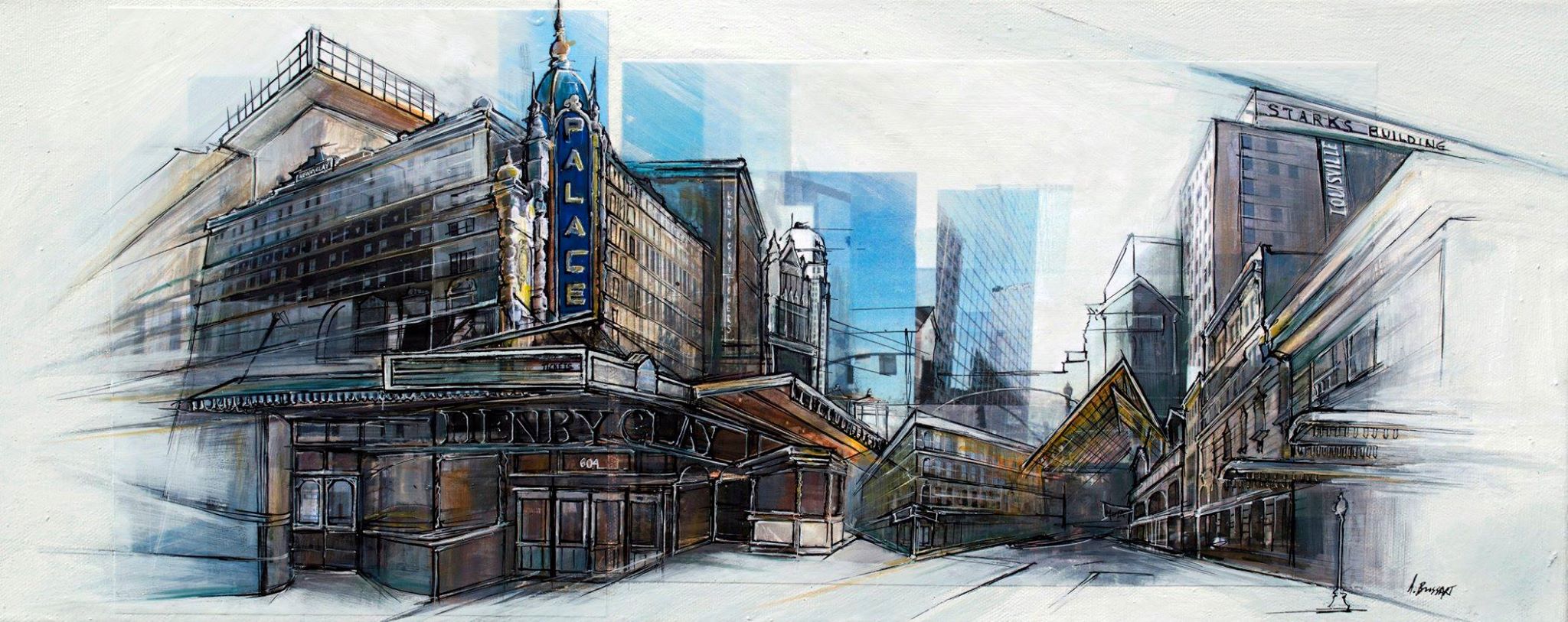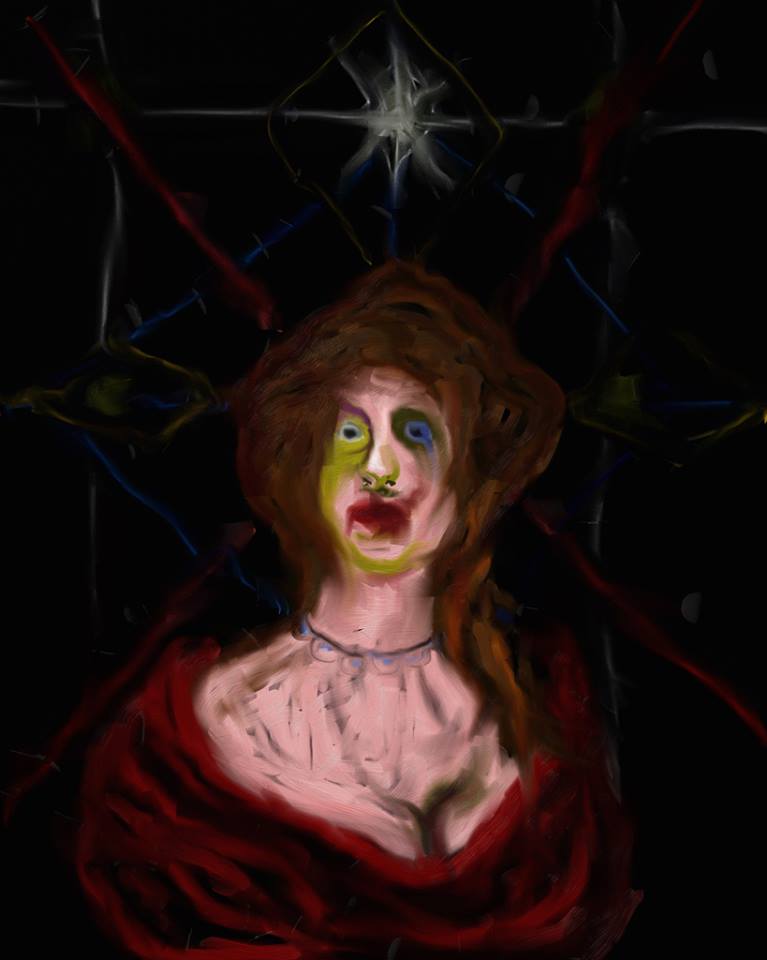Adaptation: Developing Dracula
A Conversation with Bill McNulty
A review by Keith Waits
Entire contents are copyright © 2012 Keith Waits. All rights reserved.
 |
| William McNulty of Actors Theatre |
Some audience members are content to be entertained and walk away with cherished memories of the theatrical experience. Others leave not fully satisfied, desiring some greater understanding of the process behind the magical, final result.
For those who count themselves in the latter group, The Kentucky Center has initiated a series of “conversations” with artists: interviews with prominent individuals working in the local theatrical community that give unique insight into what goes on behind the scenes.
The third entry in the series took place January 30 and featured Actors Theatre veteran Bill McNulty, writer-director-star of that company’s annual production of Dracula, being interviewed by Savage Rose Classical Theatre Company Artistic Director J. Barrett Cooper. The topic was Mr. McNulty’s process of shaping his own script for Dracula which, on paper, might sound like a fairly dull, academic affair best reserved for a classroom, but which, as was in ample evidence Monday evening, was a fascinating tale in and of itself.
 |
| J. Barrett Cooper of Savage Rose Classical Theatre |
Certainly we can count storytelling among Mr. McNulty’s talents, as he related the experience of adapting Bram Stoker’s novel in response to a challenge from former ATL Artistic Director Marc Masterson with myriad anecdotes of color and substance, delivered with crowd-pleasing warmth and humor. Having worked several years with the classic but dated Balderston and Dean text that originally starred Bela Lugosi, McNulty grew tired of what he considered a “’turgid” script filled with “fraudulent Victorian” dialogue and imagery. Intent on making a Dracula that was genuinely frightening and more consistent with the modern taste for ripe thrills and gory effects, he set out to reinvent the story and restore monstrousness to the legendary Transylvanian Count, pulling the character away from the “melancholic, lost soul” and “image of male power in which women enjoy the experience…” of the vampire’s seduction. It was a refreshing equation that attempts to rediscover the fundamental horror of the story while simultaneously subverting the text with some feminist sensibility.
Mr. Cooper, having understudied the role of Van Helsing (normally played by McNulty himself) brought first-hand knowledge of the production to his queries. For the most, however, he gave his subject room to regale the audience with what seemed an endless resource of detailed and pungent observations about a somewhat unorthodox creative process — a process that nonetheless outlined a highly pragmatic approach that bore rich fruit. Dracula is an iconic show whose impact may easily be taken for granted. But to hear Mr. McNulty speak of the character as an “inversion of Christ” and reveal influences as diverse as Tales from the Crypt and the work of Arthur Koestler belies the common, parochial view of the story as just another regurgitated horror show.
The modest crowd in attendance was clearly enthralled by the evening, the third of four such programs scheduled for the MeX Theater at The Kentucky Center. Next up is Set Designer Paul Owen on April 2, whose storied career, most of it spent executing consistently brilliant work for Actors Theatre, should prove to be every bit as engrossing as this worthwhile event.
January 30, 2012
MeX Theater at The Kentucky Center for the Arts
501 W. Main St.
Louisville, KY 40202
Louisville, KY 40202
http://www.kentuckycenter.org/




